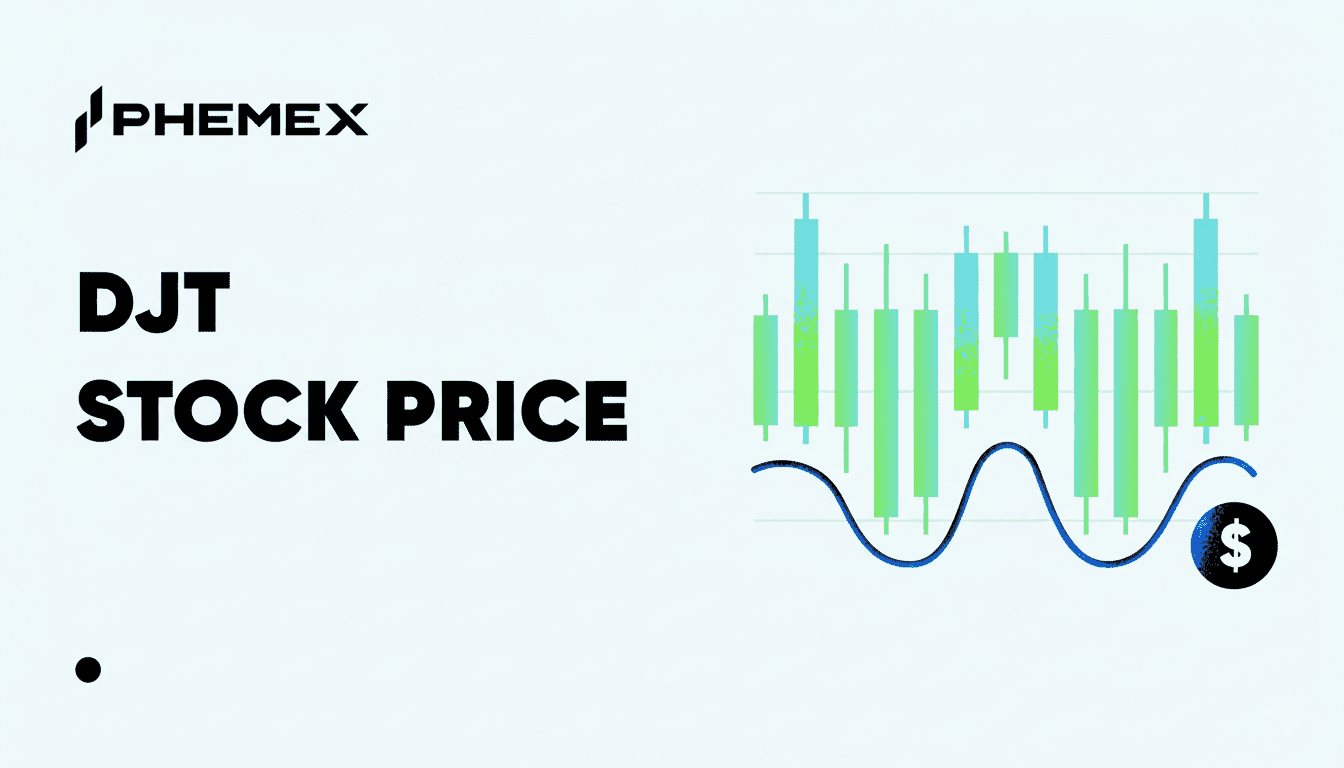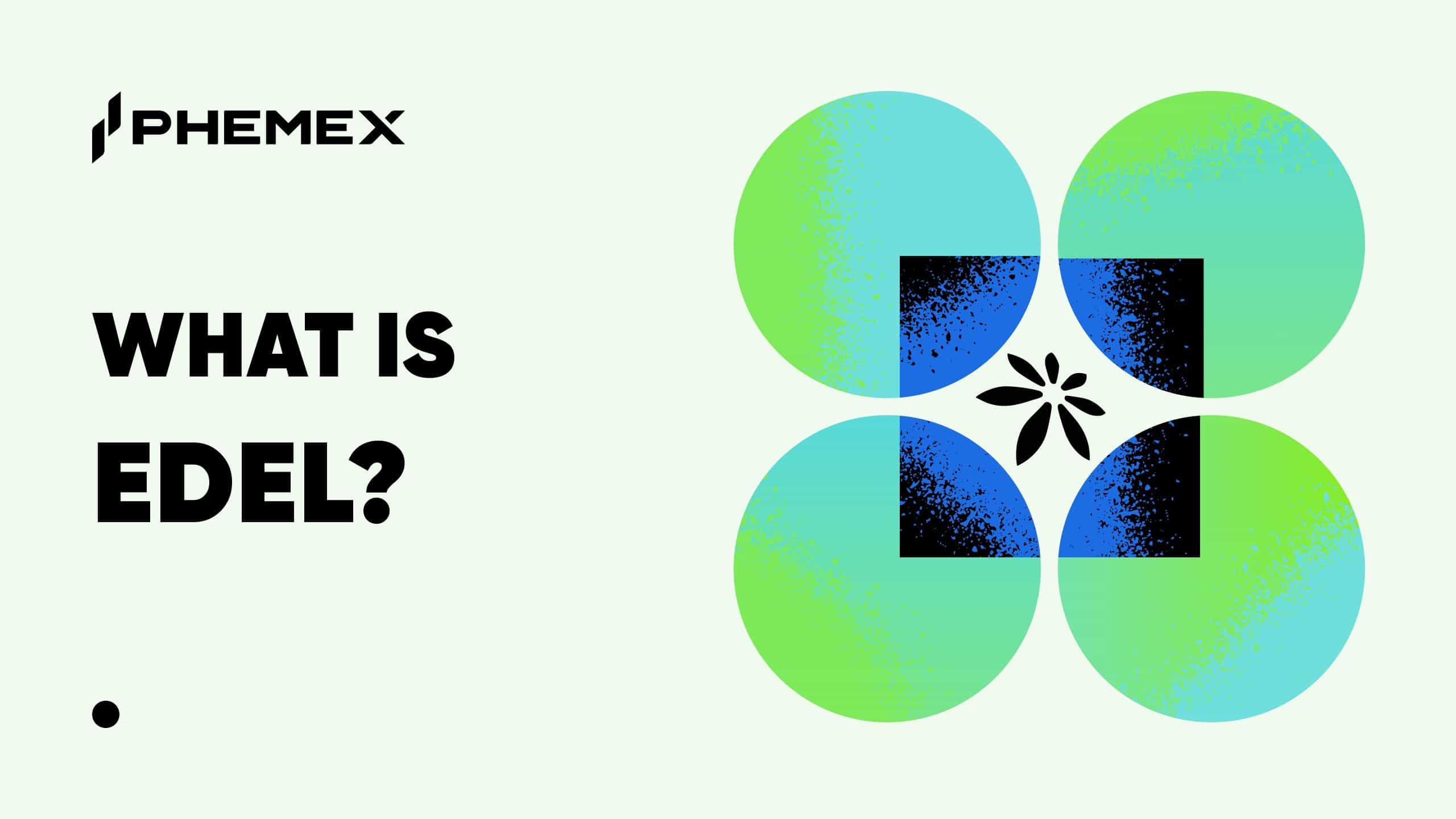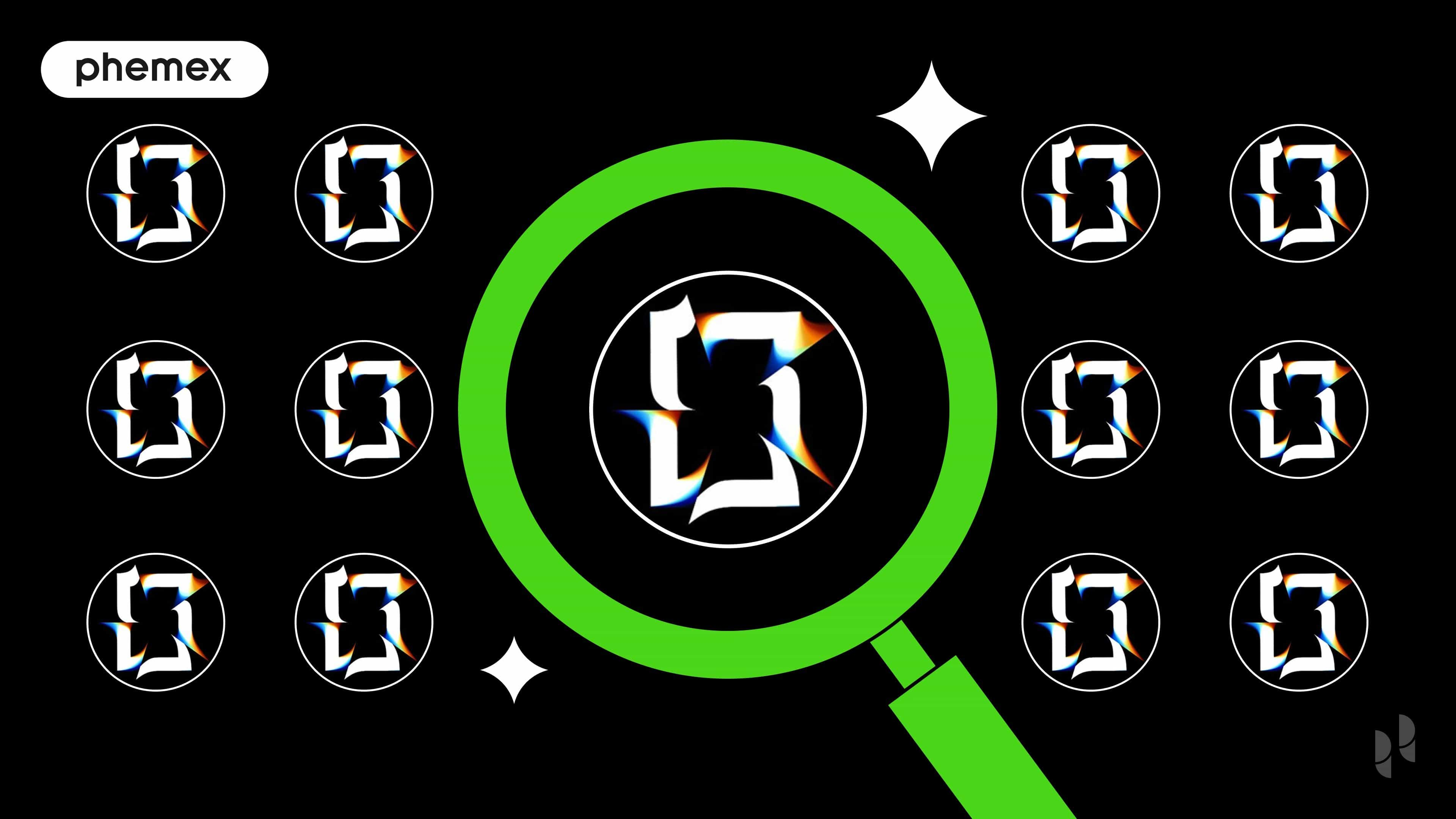
When the Bitcoin whitepaper was first published in 2008, it catalyzed the development of a myriad of novel technologies and use cases which have formed the foundation of the cryptocurrency as we know it today. Today, the advent of the blockchain extends beyond applications in alternative, digital currencies. The concept of tokenization via blockchain networks has seen continuous innovation, with NFTs (non-fungible tokens) being one prominent example. Another potential use case that’s received a great deal of attention is the tokenization of real world assets (RWA). By tokenizing and transferring traditional asset classes on-chain, massive opportunities arise for raising market liquidity and creating new investment derivatives.
What are Real World Assets (RWA)?
Real-world assets (RWAs) are fungible or non-fungible tokens on the blockchain that represent traditional financial assets. RWAs can include physical assets like real estate or intangible ones like government bonds and carbon credits.
Real-world asset tokenization is the process of placing these assets onto the blockchain as security tokens in order to benefit from the flexibility offered by blockchain technology. Any valuable asset can be tokenized and used in transactions on the blockchain.

Tokenized Assets Use Cases
The process of tokenizing investment assets such as stocks and bonds will allow them to also be traded on the crypto markets. These can also be classified as security tokens, because they represent real-world assets that are already traded as securities in traditional finance and the underlying stocks or bonds are often issued by offline custodians like companies or investment banks.
This application grants greater convenience and accessibility to traders. As an example, most retail investors are not considered “qualified investors” who can join in an IPO issuance of a large company, but by having a secondary market of those IPO shares on the blockchain, anyone with an internet connection can theoretically also obtain price exposure. While it helps to break down certain geographical and legal limitations to investing in traditional securities, this application can be argued as redundant, since the tokenized securities were already tradable beforehand.
The true value of tokenized RWAs can be gleaned when assets like real estate, art, and collectibles are brought on-chain. These are not very liquid markets traditionally, but once asset ownership is moved on-chain, transfers can be executed in a much more convenient manner. Ownership can also be conveniently fractionalized and split amongst multiple investors, all of which would can be transparently tracked on-chain by all parties instead of having to rely on legal papers issued by any centralized governing body. Therefore, RWAs may eventually even replace and encompass legal items such as loans, invoices, contracts, royalties, and guarantees.

Advantages of RWAs
RWA tokens offer a myriad of benefits over their traditional counterparts, mainly owing to the transparency and interoperability of the blockchain.
- Efficiency - A single point of entry for transaction data increases trust and provides a dependable source of ownership. As an immutable ledger, the blockchain network serves as the one source of truth for everyone involved and enables frictionless settlement and post-trade reconciliation. The assets can be traded globally on a 24/7 basis, with much lower barriers to entry.
- Cost Reduction - Autonomous protocols that execute themselves help to automate much of the transfer process, lowering reliance on middlemen such as lawyers, brokers, and banks while also eliminating human mistakes. Transactions become faster, less dangerous, and much less expensive as manual labor is reduced.
- Transparency - Public blockchains can be audited in real time, with on-chain activity and data available to the public at all times. The network's transparency improves participants' ability to evaluate asset collateral quality and systemic risk exposure, as well as promptly settle record-keeping issues.
- Compliance - Complex compliance requirements can be written into smart contracts for real-world asset tokens at the protocol layer. This further minimizes the risk of human error from a compliance aspect, as participants can just rely on the auditable computer code instead of performing separate compliance verifications for each transfer.
- Liquidity - The fractionalization of assets that were traditionally illiquid or difficult to access paves the way for innovative ownership models and financial products. Markets like real estate, private credit investments, pre-IPO shares, and carbon credits can be disrupted by RWA tokens. For example, RWA tokens enable 1000 owners to each own a piece of a famous painting, and any 1 of the 1000 can trade their token without having to undergo legal intermediaries or needing permission from other 999 fractional owners.
How RWAs can Achieve Mass Adoption
The benefits and grand vision outlined above are certainly revolutionary, but the current crypto ecosystem is not yet able to bring it to fruition. There are several minimal requirements for RWA-backed tokens to be considered legitimate and ready for adoption.
- Real World Information - Since the RWA token’s underlying asset exists in the real world, information regarding that asset and market must be updated into the RWA token in real-time. This would likely require the addition of blockchain oracles, such as Chainlink or Band Protocol, which allow blockchain networks to connect to and interact with data from external systems. For instance, Chainlink can enrich RWAs with offline data via proof-of-reserves, identity establishment, data streams and feeds.
- Cross-Chain Transfers - Cross-chain connectivity is likely crucial for RWAs because these assets may move amongst different chains for different purposes, such as minting, fractionalizing, transfers, etc.
- Connect to Off-chain data regardless of network - If RWAs such as mortgage contracts do exist on multiple chains, then the off-chain data associated with the asset must also be smoothly moved cross-chain. For the grand vision of RWAs to be fully realized, a universal standard for programmable RWA token transfers may be needed in order to ensure uniformity across protocols.

Current Interest in the Possibilities of Tokenized RWA
Real-world asset tokens have already made considerable strides in both the crypto ecosystem as well as traditional economy. It’s easy to glance over the fact that stablecoins like USDT can be considered a RWA, since after all they are tokenized versions of traditional fiat currencies. Many pundits have offered highly positive outlooks for the RWA market. Asset manager 21.co believes that the tokenized asset market can reach $10 trillion by 2030 in the “bull” case and $3.5 trillion in the “bear” case, while Boston Consulting Group expected it to reach $16 trillion.
Per a joint survey conducted by Celent and BNY Mellon, 91% of institutional investors have interest to invest in tokenized assets and 97% agree that the technology can revolutionize asset management. In one sense, the 2022 crypto crash has actually led to greater institutional interest in RWAs. Currently, high yield generating DeFi protocols are being viewed with skepticism due to a multitude of collapses in 2022. RWAs represent a more realistic and trustworthy alternative, because they are tied to traditionally income-generating assets like stocks and real estate. This is also the reason that RWAs might also be easier to explain and be adopted by crypto natives and newcomers alike.

Between Q1 and Q3 of 2023, the real estate RWA market grew by 102% to $90 million. Real estate may be the best use case for RWAs today because they are tangible, traditional, and relatively stable. Real estate also greatly benefits from the convenient fractional ownership unlocked by RWA tokens, so barriers to entry are slashed compared to standard real estate investing. Furthermore, while real estate investing has traditionally been very geographically dependent, moving assets on-chain allow participants to purchase ownership in buildings that are not built in their country or even continent.
Besides real estate, tokenized U.S. treasuries have also grown to a $685 million valuation in 2023. Since rates are so high this year, crypto investors have found that owning RWA treasury tokens may offer higher yields and of course greater stability than most DeFi protocols. New projects in the sector such as OpenEden and Maple Finance have arisen to meet the demand for tokenized treasuries.

Recent Developments in RWA Tokens
Wall Street titans UBS and JP Morgan have both made moves into the tokenized asset space in 2023. UBS announced the live pilot of a tokenized variable capital company (VCC) fund called Project Guardian, which seems to more seamlessly connect traditional investment vehicles with blockchain technology. JP Morgan has introduced a blockchain-based tokenization platform — the Tokenized Collateral Network (TCN) — with asset management firm BlackRock as its first client. The platform will move traditional assets on-chain by transmuting shares of a money market fund into digital tokens. The endeavor will bolster institutional activity and settlement on the blockchain.
Developments in the crypto-native space come from Chainlink, the leading blockchain oracle, which offers solutions to challenges facing RWAs via real-world information and cross-network interoperability. The Chainlink Cross-Chain Interoperability Protocol (CCIP) is being used by projects like Untangled Finance to bring RWA tokens to multiple networks such as Celo, Ethereum, and Polygon.
The “digitalization” of offline items is a technological process that has been happening over the past few decades. Real-world asset tokens will facilitate the “on-chainfication” of already digital items into the blockchain for added transparency and authenticity.
Read More
- What are tokenized real-world assets (RWA)?
- Real World Assets (RWA) - Hyped Narrative or Here to Stay?
- Asset Tokenization: Tokenize Real-World Assets on the Blockchain
- Top Crypto Trends Heading into 2025
- What Are Crypto Tokens? How Do They Work?
- Wrapped Tokens: Wrap Your Head Around These New Crypto Tokens
- Real Estate Blockchain: Can You Buy Houses With Crypto?
- What are Metaverse NFTs: The Launchpad for the Digital World’s Economy?







